Arthur Peter Mutharika has returned to power after winning Malawi’s 2025 general elections under the Democratic Progressive Party (DPP), securing a commanding 56.8 % of the national vote in a landslide victory. The result, announced by the Malawi Electoral Commission, cemented his comeback to the presidency five years after leaving office and sent a clear signal of renewed public confidence in his leadership. For Mutharika, who previously served from 2014 to 2020, this triumph represents not just a political return but also a second chance to reshape Malawi’s future. For the citizens, it marks a moment filled with expectation that the hardships of recent years can finally give way to stability and progress.
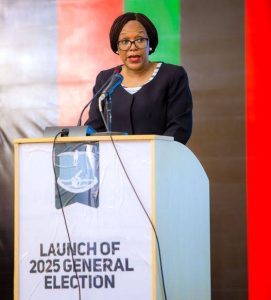
The atmosphere in the country following the announcement is one of hope and anticipation. Malawians are looking to Mutharika to tackle the soaring cost of living, bring down inflation, and stabilise the kwacha, which has struggled in recent months. Farmers, who form the backbone of the economy, are calling for improved access to fertilizer and markets, while many in rural communities expect renewed focus on food security. Young people, who turned out in large numbers, are demanding that the new administration deliver practical solutions to unemployment, training opportunities, and better prospects for the future.
Equally pressing is the expectation that Mutharika will strengthen transparency and fight corruption, a demand that has grown louder across all regions of Malawi. Citizens want to see justice applied impartially and public resources managed with fairness and accountability. Alongside governance reforms, there is also widespread hope for improvements in public services. From reliable electricity and clean water to functioning hospitals, schools, and better roads, Malawians expect his government to prioritize the everyday needs that directly shape their lives.
The 66 percent win gives Mutharika a strong mandate, but it also raises the stakes. He faces a nation grappling with debt burdens, foreign exchange shortages, and the risks of climate shocks such as floods and droughts. Meeting immediate public demands while building long-term resilience will be his greatest challenge. Success will depend on balancing relief measures with sustainable development, restoring trust in institutions, and fostering unity in a politically divided environment.
Still, the scale of his victory has created momentum and optimism. For many Malawians, the 2025 election result is more than a return to familiar leadership; it is a renewed promise that life can improve under a government that listens and delivers. With two-thirds of the electorate placing their trust in him, Arthur Peter Mutharika enters this new term with both the authority and responsibility to turn electoral success into lasting national renewal.

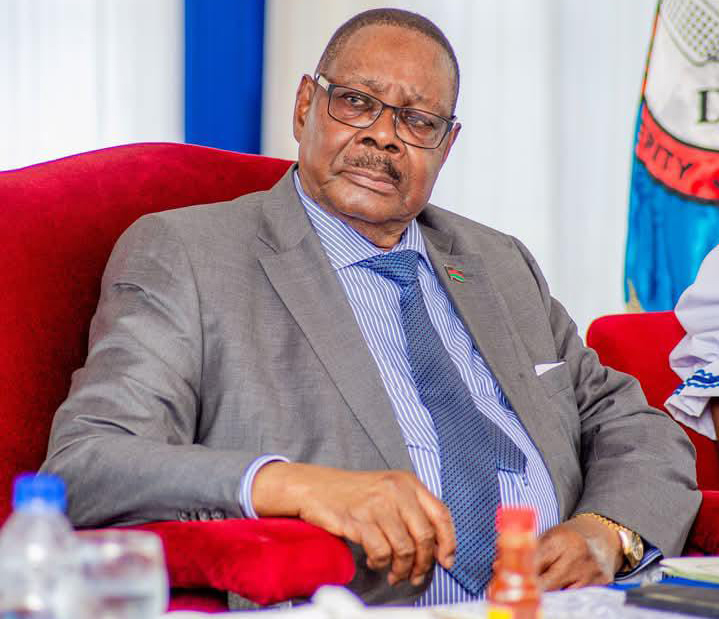


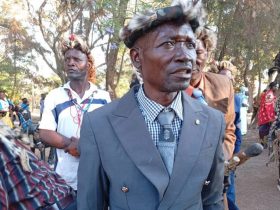
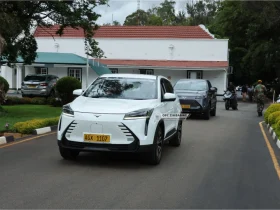
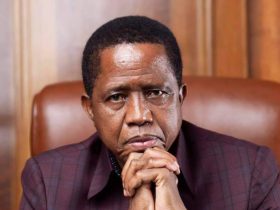
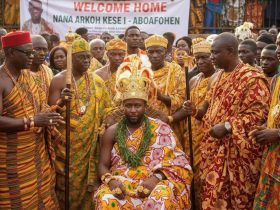



Leave a Reply